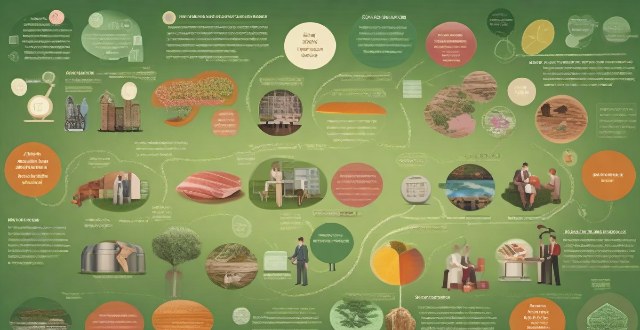Policies to reduce the number of climate refugees in the future include investment in renewable energy, afforestation and reforestation, sustainable agriculture practices, coastal protection measures, and international cooperation and funding. These policies aim to mitigate the effects of climate change and prevent displacement of people due to climate change-related events.

Policies to Reduce Climate Refugees in the Future
Climate refugees are individuals who are forced to leave their homes due to climate change-related events such as sea level rise, extreme weather conditions, and natural disasters. The number of climate refugees is expected to increase in the future, and it is crucial to implement policies that can reduce this number. In this article, we will discuss some policies that can be implemented to reduce the number of climate refugees in the future.
1. Investment in Renewable Energy
Investing in renewable energy sources such as solar, wind, and hydroelectric power can help reduce greenhouse gas emissions and mitigate the effects of climate change. This will help prevent the displacement of people due to climate change-related events.
Advantages of Renewable Energy:
- Reduces greenhouse gas emissions
- Creates job opportunities
- Increases energy security
- Reduces dependence on fossil fuels
2. Afforestation and Reforestation
Afforestation and reforestation involve planting trees in areas where there are no trees or replanting trees in areas where they have been cut down. This helps to absorb carbon dioxide from the atmosphere and reduces the effects of climate change.
Benefits of Afforestation and Reforestation:
- Reduces carbon dioxide levels in the atmosphere
- Improves air quality
- Creates habitats for wildlife
- Prevents soil erosion
3. Sustainable Agriculture Practices
Implementing sustainable agriculture practices such as crop rotation, intercropping, and organic farming can help reduce the impact of climate change on agriculture. This will help prevent the displacement of people who rely on agriculture for their livelihoods.
Advantages of Sustainable Agriculture Practices:
- Improves soil health
- Increases crop yields
- Reduces pesticide use
- Preserves biodiversity
4. Coastal Protection Measures
Coastal protection measures such as building sea walls, revetments, and breakwaters can help protect coastal communities from the effects of sea level rise and storm surges. This will help prevent the displacement of people living in coastal areas.
Benefits of Coastal Protection Measures:
- Protects coastal communities from flooding
- Preserves coastal ecosystems
- Maintains access to coastal resources
- Supports tourism industries
5. International Cooperation and Funding
International cooperation and funding are essential to address the issue of climate refugees. Governments, international organizations, and private sector companies should work together to provide financial support and technical assistance to countries affected by climate change.
Advantages of International Cooperation and Funding:
- Provides financial support for adaptation and mitigation measures
- Facilitates technology transfer and knowledge sharing
- Promotes global solidarity and cooperation
- Helps build resilience to climate change impacts
In conclusion, implementing these policies can help reduce the number of climate refugees in the future. It is crucial for governments, international organizations, and private sector companies to work together to address the issue of climate change and its impact on human displacement. By taking action now, we can create a more sustainable future for all.